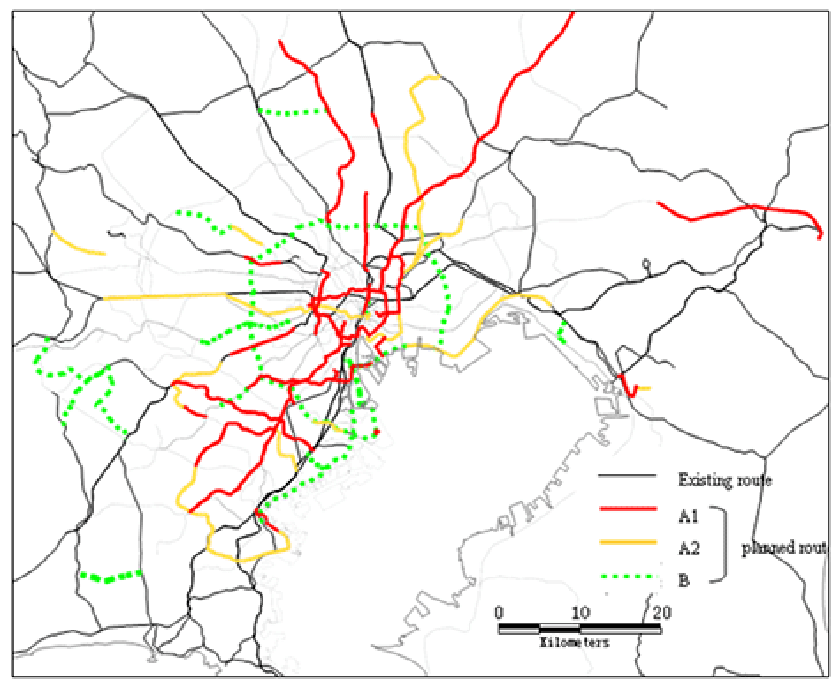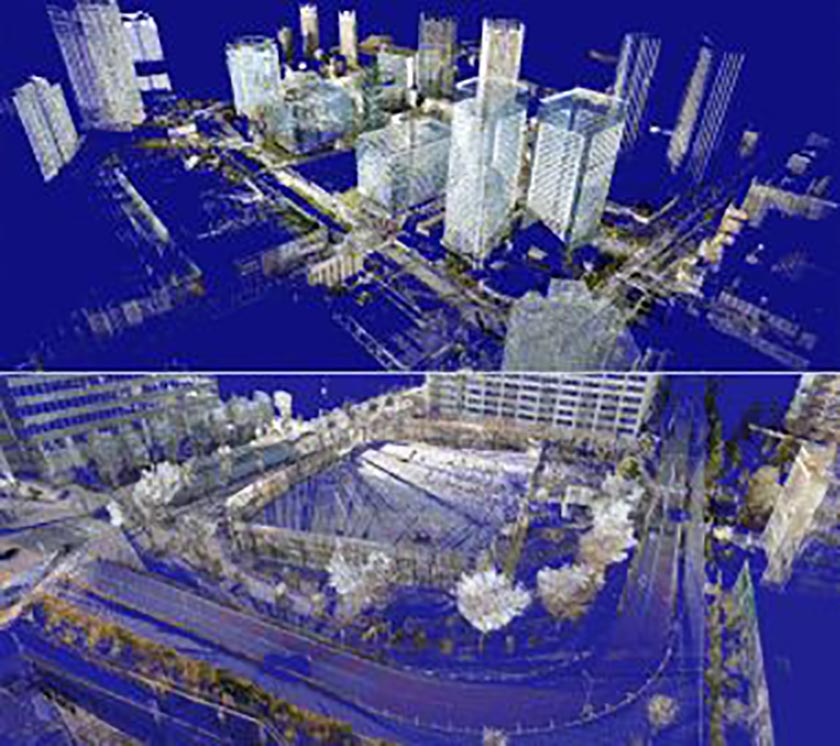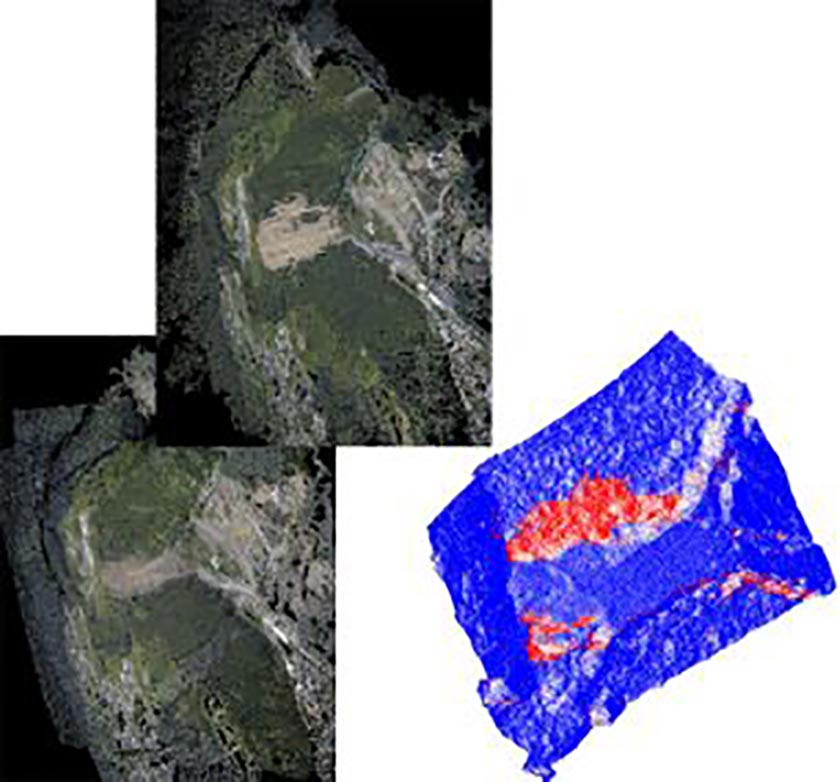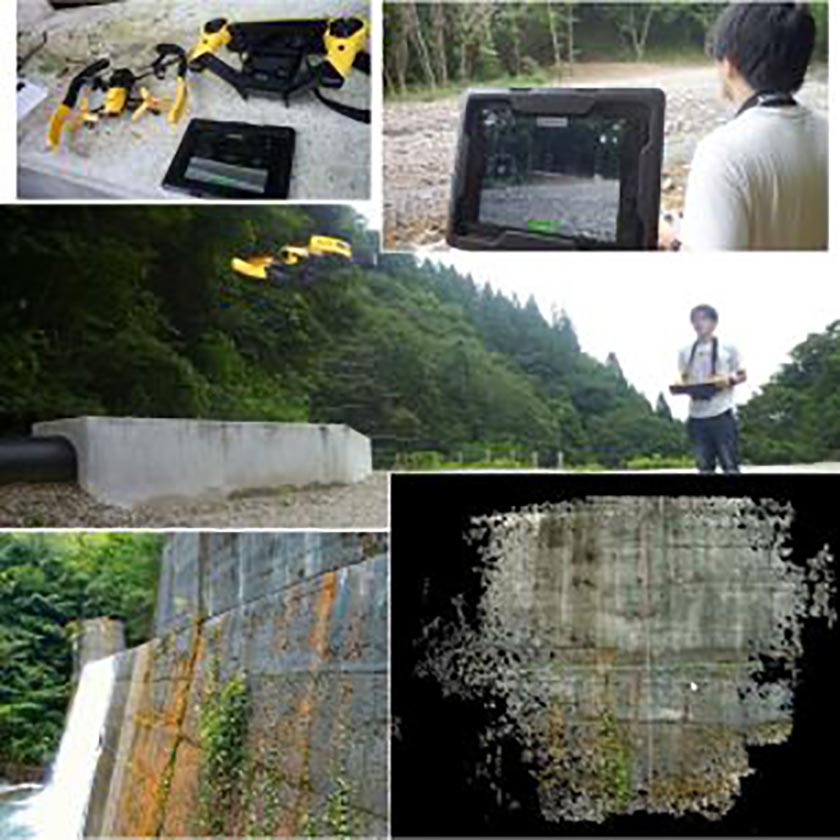Civil Engineering
About Civil Engineering
Comprehensive studies in five areas - planning, environment, informatics, mechanics, and disasters - provide a strong sense of civil engineeringʼ s role in both urban and rural settings. The program endows students with the broad technical skills necessary to serve the needs of a diverse society, as well as instills an awareness of global civil engineering challenges.
Research Domain
Structural mechanics, properties of construction materials, properties and behavior of soils, principles of water flow, physical environment, chemical environment, ecological environment, landscape and urban environment, topography and strata,disaster planning and mitigation, mechanisms of natural disasters, national land planning, transportation planning, city planning, project evaluation, participatory consensus building, surveying, geospatial information, BIM/GIS, disaster observation technology, space infrastructure, cultural property, and more!Research
Tokyo Metropolitan Rail Network Plan
IWAKURA Seiji
The appropriate implementation of the master plan for urban railway network in the Tokyo metropolitan area will provide a highly convenient urban transport system that is fitting for the Tokyo metropolitan area as a world city and diversify future lifestyles. Bringing the plan to fruition will require the cooperation and collaboration of national and regional governments, railway operators, consultant engineers, academics.
In our lab, major studies are demand forecasting models for the urban railway planning, and optimal simulation system for high frequency train operation.
For example, the proposed multi agent simulation model is developed to analyze train knock-on delay in a 48 km track length from suburban station to midtown station. The simulation part consists of a train traffic simulator and a passenger flow simulator with that works in parallel. Some forecasting results of improvement strategies designed to reduce delay can be assessed with great accuracy.
 A Multi Agent Simulation Model for Estimating Knock-on Train Delays under High-Frequency Urban Rail Operation
A Multi Agent Simulation Model for Estimating Knock-on Train Delays under High-Frequency Urban Rail Operation Urban railway network master plan for 2015 in the Tokyo metropolitan area
Urban railway network master plan for 2015 in the Tokyo metropolitan areaPropose the advanced civil engineering techniques for safe and comfortable infrastructures
NAKAGAWA Masafumi
Geoinformatics combines various arts, techniques and systems, such as surveying, Photogrammetry, laser scanning, remote sensing, Global Navigation Satellite Systems (GNSS), and Geographic Information Systems (GIS). We focus on Geoinformatics to support and improve infrastructure management, urban planning, transport network planning and management, location-based service, disaster management, environmental modelling, land use management, agriculture and archaeological reconstruction for construction companies, data scientists and decision makers. In particular, our main topics are 1) urban mapping and 3D modelling using aerial images, aerial laser data and vehicle-borne Mobile Mapping Systems (MMS) data, 2) disaster urgent monitoring and frequent infrastructure monitoring using a drone, terrestrial laser scanner, wearable devices, and satellite sensors for Building/Construction Information Modelling (BIM/CIM), and, 3) indoor-outdoor seamless modelling, positioning, and navigation for location-based services and archaeological reconstruction.
 Acquired 3D data in urban areas using a terrestrial laser scanner
Acquired 3D data in urban areas using a terrestrial laser scanner Change detection in landslide using 3D data generated from aerial images
Change detection in landslide using 3D data generated from aerial images 3D data acquisition in SABO infrastructure inspection using a drone
3D data acquisition in SABO infrastructure inspection using a droneLaboratories
Objectives in Education and Research
The vision of the Department of Civil Engineering is to foster in students the following skills, together with an understanding of the total built and natural systems around us, and a strong sense of ones duty within a group.
- Multidimensional thinking skills from global perspectives coupled with academic knowledge.
- An awareness of the role and responsibility necessary to formulate a sustainable society.
- Acquire fundamental engineering and civil engineering knowledge empowering individuals with the abilities to comprehend, pursue, and solve real-life issues and social needs.
- Communication skills to actively participate not only in Japan but also globally.